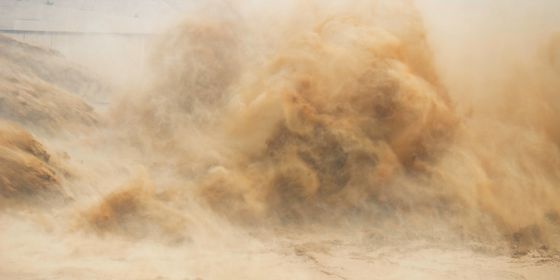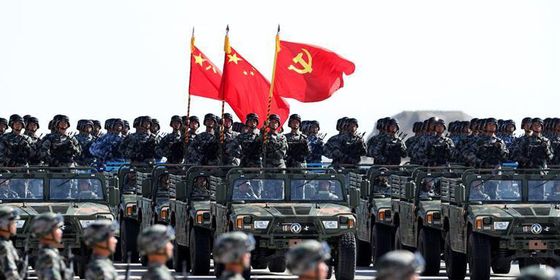Matthew Evans’s misguided travels are rife with schadenfreude
A typical travel memoir details the trials and tribulations its protagonist has to overcome to survive in a foreign land, and how the overall experience positively impacted their lives. An American Bum in China is not one of those stories.
Narrated by photojournalist Tom Carter, and illustrated by John Dobson, the slim paperback follows Carter’s friend Matthew Evans, a disabled cancer survivor from Iowa, as he tries to escape his stale life in the American Midwest and pursue the “Chinese Dream” after meeting a Chinese girl in an online chat room. This ideal kickstarts Evans’s five-year journey across China, trying to survive by breaking all the rules in a country famous for having them.
The book begins with a flash forward of Evans trespassing into Myanmar through a hole in a fence on the Chinese border, with the intent of selling his American passport. This introduces readers to Evans’s character: namely, his willingness to abandon his American identity just to make money. Of course, he is apprehended, sent back through the fence, and later discovers that he lost his passport in the ordeal.
This first story sets the tone for the rest. Throughout the book, Evans tries to bypass the system, such as purposely overstaying his visa and using other unorthodox means to remain in China. However, all of his attempts backfire, as he is imprisoned and then deported. In another episode, he buys a fake diploma, pretends to be a professor, and gets two teaching jobs at accredited universities. However, his tendency to ask every female in his class out on dates ultimately exposes him, and he goes on the run from the police.
Evans is persistent about making his way in China, even when his visa status prohibits him from legally working there. He survives mostly due to handouts and accommodations offered by women he meets in QQ chat rooms, and money wired by his domineering mother. Even after losing his passport, thus making it impossible for him to book a plane ticket or rent a hotel room, Evans, unfazed, sleeps in a variety of public places like a McDonalds, or under a bridge in a cardboard box.
Evans’s story displays as much determination as exploitation, as he refuses to be daunted by any setback. Yet throughout the story, he overlooks the more legal and perhaps easier ways to achieving his goals; takes advantage of the kindness of family, friends, and strangers; and makes decisions that would be unwise in any country.
Carter’s commentary on Evans’s misguided actions is interspersed throughout the book, reminding readers that Evans’s sense of right and wrong is off-kilter. While the book is well-written, and keeps its readers eager to find out what new misfortunes its protagonist stumbles into, Evans’s disregard for Carter’s assistance and advice on safe and legal ways to survive in China is frustrating to read about.
One may sympathize with Evans’s desire to chase his “Chinese Dream,” yet his exploitation of the system and kindness of others does not save him from retribution. Ultimately, the conclusion to his five-year experience is lackluster. An American Bum in China may satisfy readers disillusioned with polished and uplifting travel stories, and are ready to discover how unforgiving foreign travel can be for those unprepared for reality—or those who, perhaps, never had a good grasp of it in the first place.
Nominate a book for us to review! TWOC is seeking submissions from readers and publishers to its “Best Books on China” lists, part of the “China Bookshelf” project on bringing the best Chinese and China-relevant publishing overseas. Send us your picks to editor@theworldofchinese.com or through any of our social media accounts.














